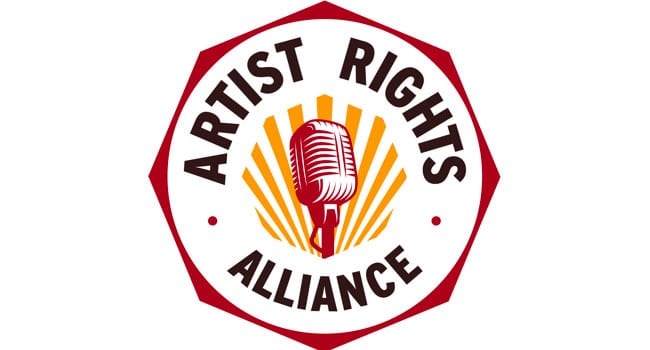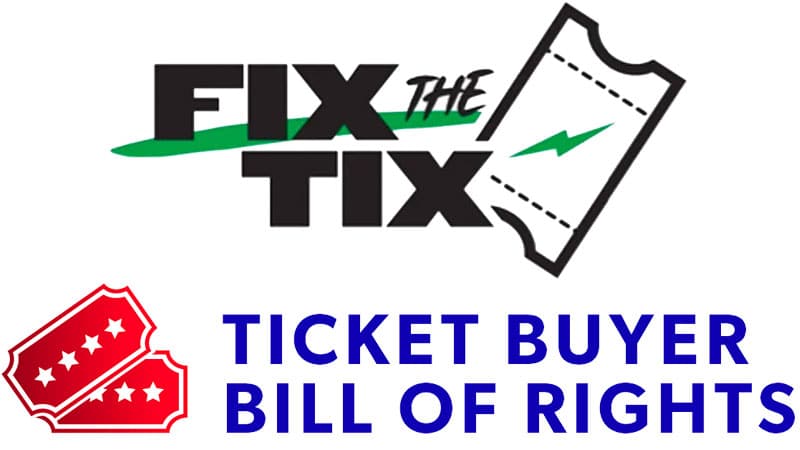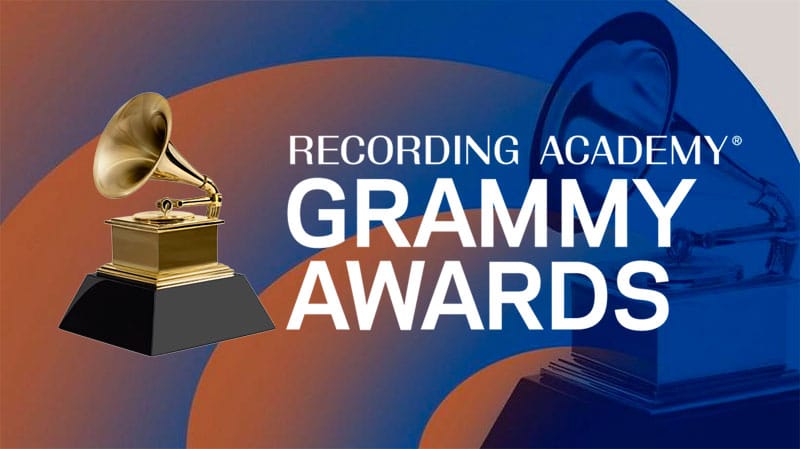Statement by the Artist Rights Alliance on resuming live performance
The Artist Rights Alliance (ARA), the artist-run, nonprofit fighting for songwriters and musicians in the modern music economy, has released an open letter regarding the reopening of concert venues in the current societal climate. The ARA wants to go on record with its support of the Save Our Stages and Restart acts, and express the need of a cautious, rigorous, and science based method of reopening venues.
The ARA has issued an open letter to to suggest that the House-passed HEROES act be supplemented by a focused support of the arts in order to get state and local governments the resources they need. Prematurely reopening concert venues can result in needless loss of life if the right measures are not taken, however, the ARA is certain that there is a safe way to go about this that can ultimately protect venues, jobs, and the selfless workers that inhabit them.
“Live performance is the beating heart of music and one of the most powerful ways artists communicate, connect, and inspire. It’s also a vital lynchpin of the music economy for working songwriters and performers outside the relative few that receive high-volume streams and airplay. The loss of live performances has been devastating for everyone who works in music or looks to it for strength, support, and joy,” the letter states.
It continues, “We have watched the recent debate about reopening live venues with interest and concern. We recognize the terrible economic cost of keeping these venues closed – which goes far beyond artists, venue staff, and touring crew and deeply impacts small businesses, tourism, food services, hospitality, and all the supporting enterprises that make gigs possible and serve the audiences they draw.
“But despite the painful toll closure of live venues has taken on our industry and our society, we strongly disagree with premature calls to reopen them simply because it hurts so much to keep them dark. This kind of wishful thinking will result in the unnecessary loss of life.
“The power of live performance comes from its intimacy, connection, and physicality – even in a stadium or arena show, energy comes from being part of the crowd, and recreating this in a meaningful way under the requirements of social distancing demands an extraordinary amount of thought, care, resources, and creativity. And beyond the risks to fans and audiences, live tours are complex, sprawling operations involving sustained travel, an enormous amount of person to person contact, and unavoidable use of shared equipment, holding rooms, and performance spaces. The risks to crew, support teams, hospitality staff, and ultimately performers, family, and friends are perilous.
“We believe all forms of reopening must be cautious, rigorous, and above-all science-based. Financial support for schools and shuttered businesses must be available until they can safely resume operations. And given the high-energy, close-quarters nature of most gigs, we believe it is inevitable that in-person concerts will be one of the last things to return.
“In these circumstances, the only path forward is aggressive federal and local action, starting with the House-passed HEROES Act that would offer a lifeline to state and local governments and the economy overall. That effort must then be supplemented by focused support for the arts, including concerts, venues, and the supporting infrastructure they require. The federal Restart Act is vital, but even more robust sustaining aid will be needed – including subsistence payments to venue and touring crews as well as performers that have been forced to shut down their livelihoods for the greater good.
“To be clear, many, many Americans who do not work in music also need this help and should receive it. Indeed, doing so is a necessary part of any orderly science-based reopening of the economy in which no one is forced prematurely back to work in ways that only generate new outbreaks and further prolong a safe restart for everyone. But even with such policies, live music will almost certainly be one of the last things to return. Venue staff, road crews, and musicians are likely to need this assistance for a significant length of time.
“Live performances produce some of the most enduring, compelling moments in music. We need the clubs, arts centers, theaters, festivals, and corner bars that make them possible to survive.
“We urge Congress and state and local leaders to act now to #SaveOurStages.”
The National Independent Venue Association (NIVA) launched the Save Our Stages campaign to preserve and nurture the ecosystem of independent live music venues and promoters throughout the United States. Thousands of artists and organizations support the cause to restart the live music economy. NIVA created the NIVA Emergency Relief Fund to support America’s most vulnerable venues and provide short-term relief for independent music venue owners and promoters on the precipice of eviction or permanently shuttering due to the COVID-19 shutdown. The fund is intended to work hand-in-hand with federal and local programs, assisting with the most immediate needs facing the country’s independent venues and promoters and making it more likely that they will be able to reopen, fully, when it’s safe.





